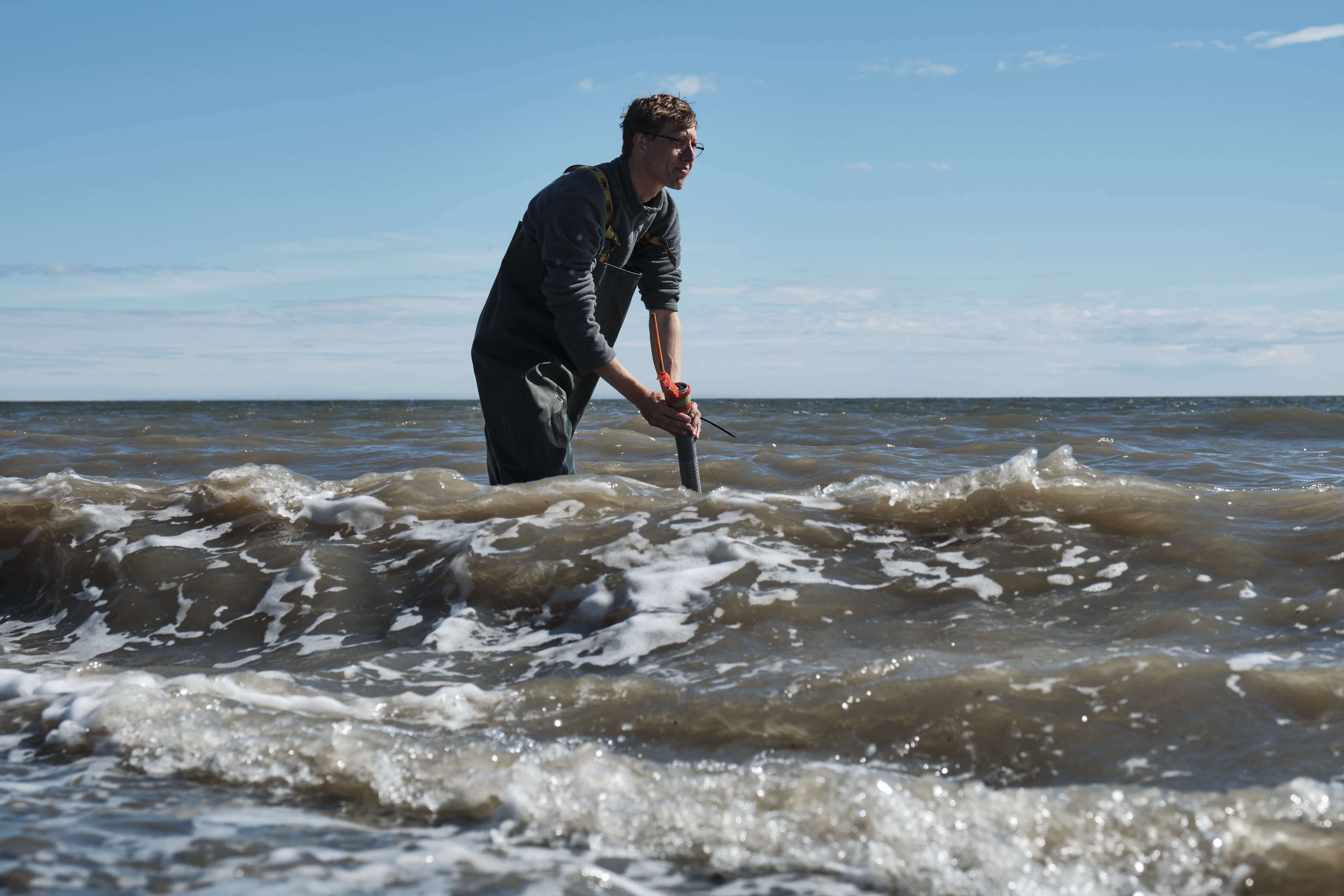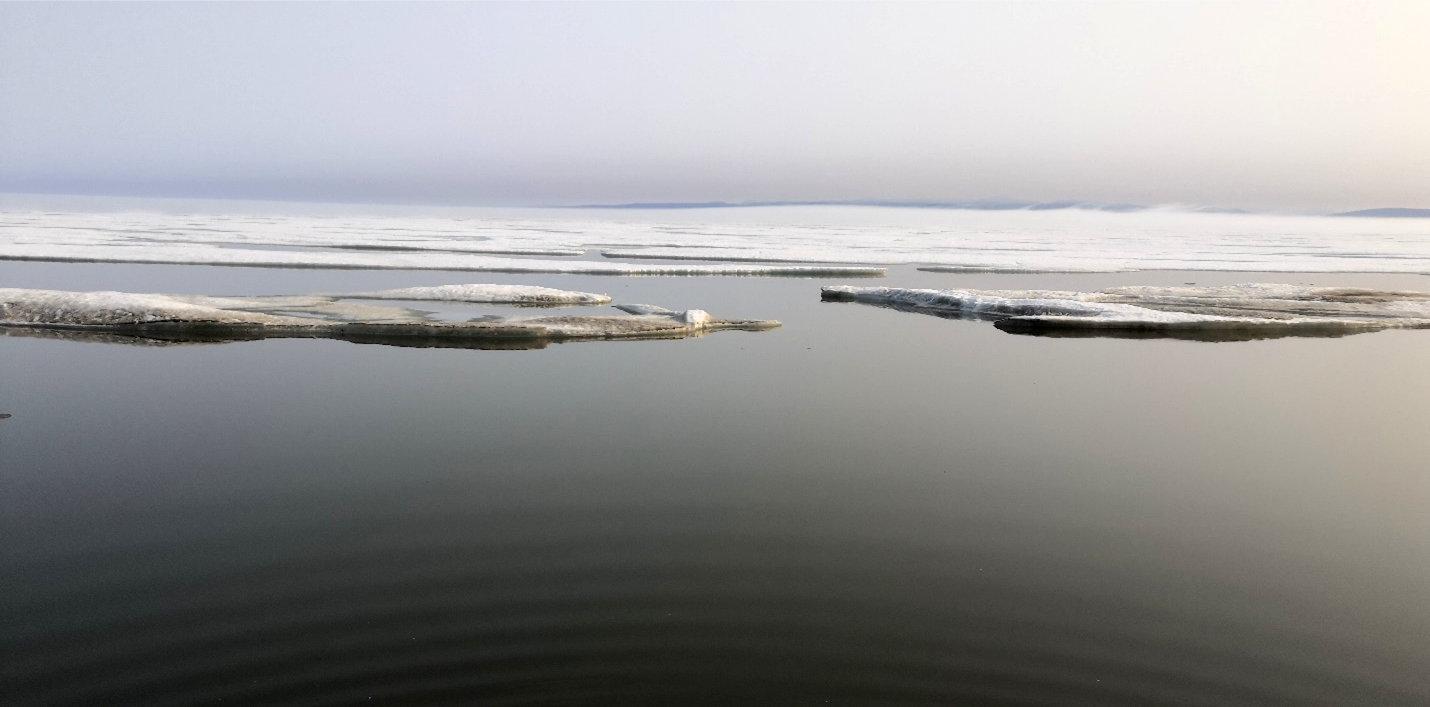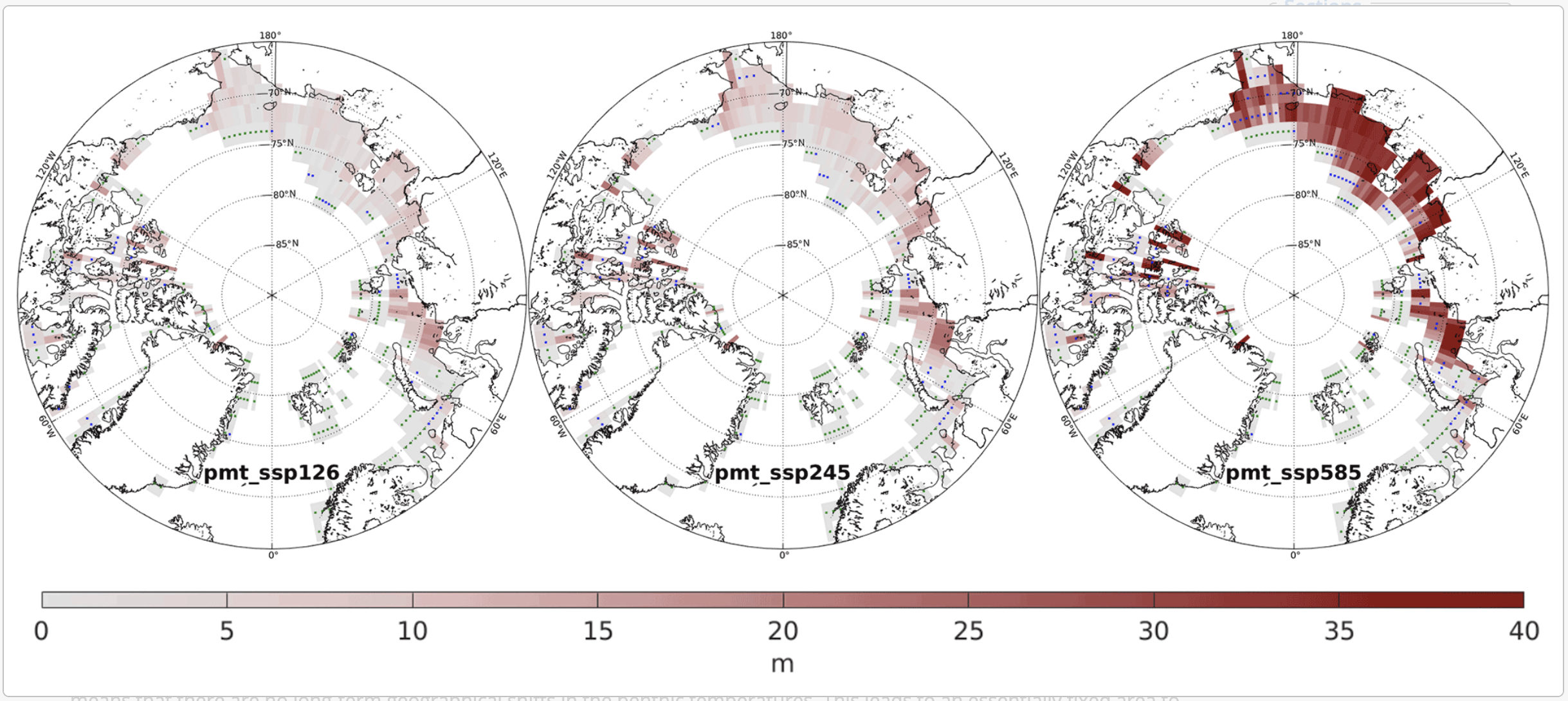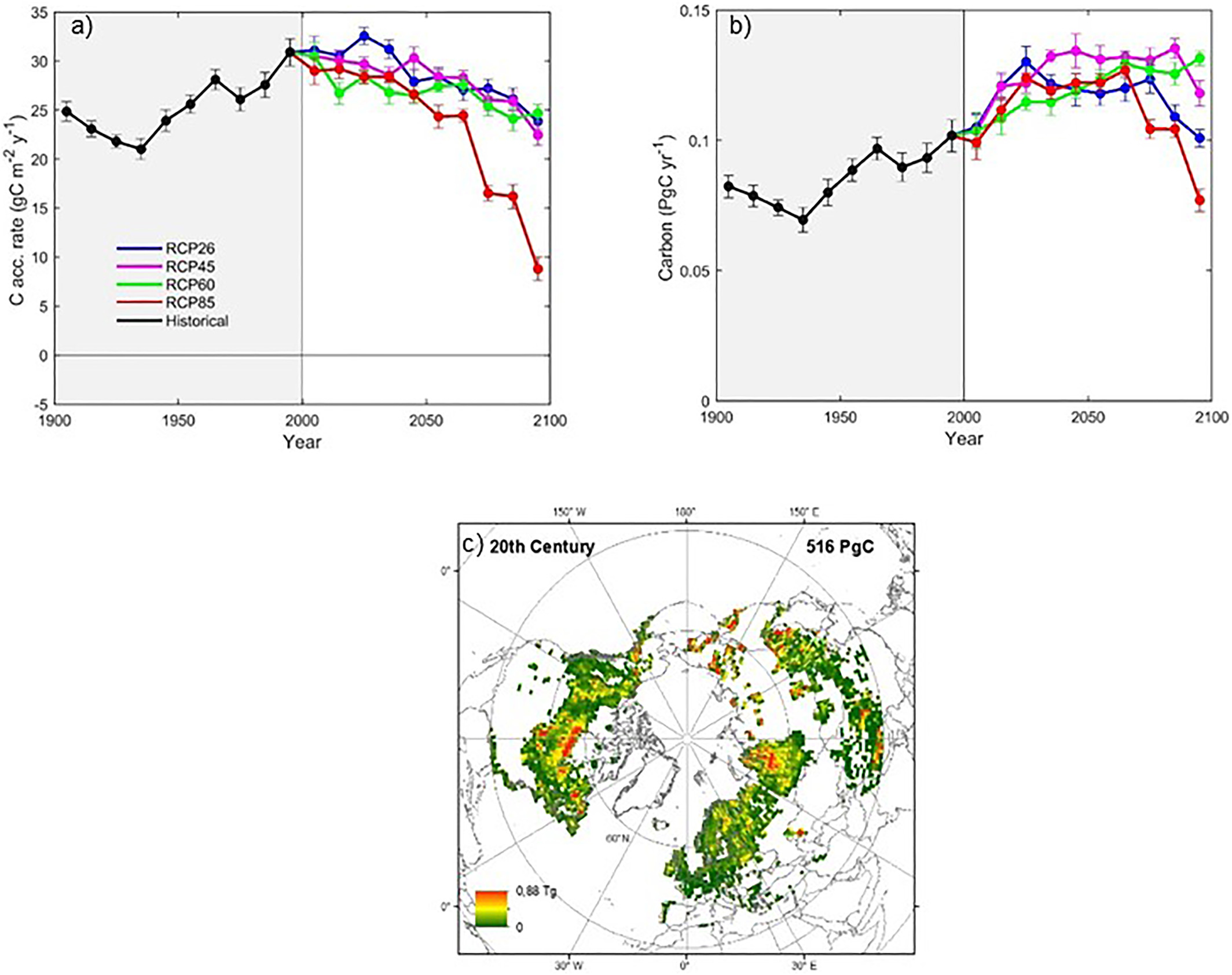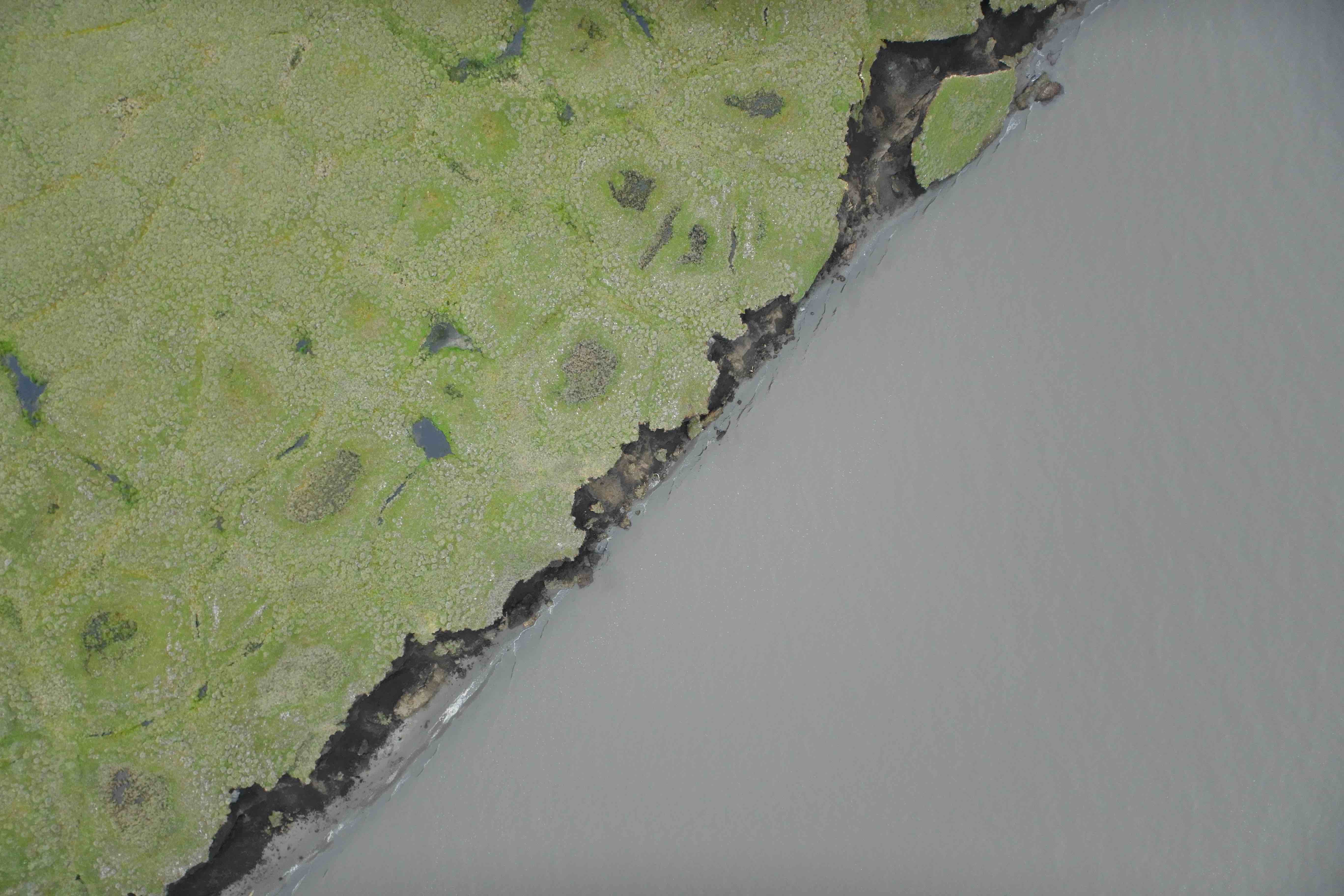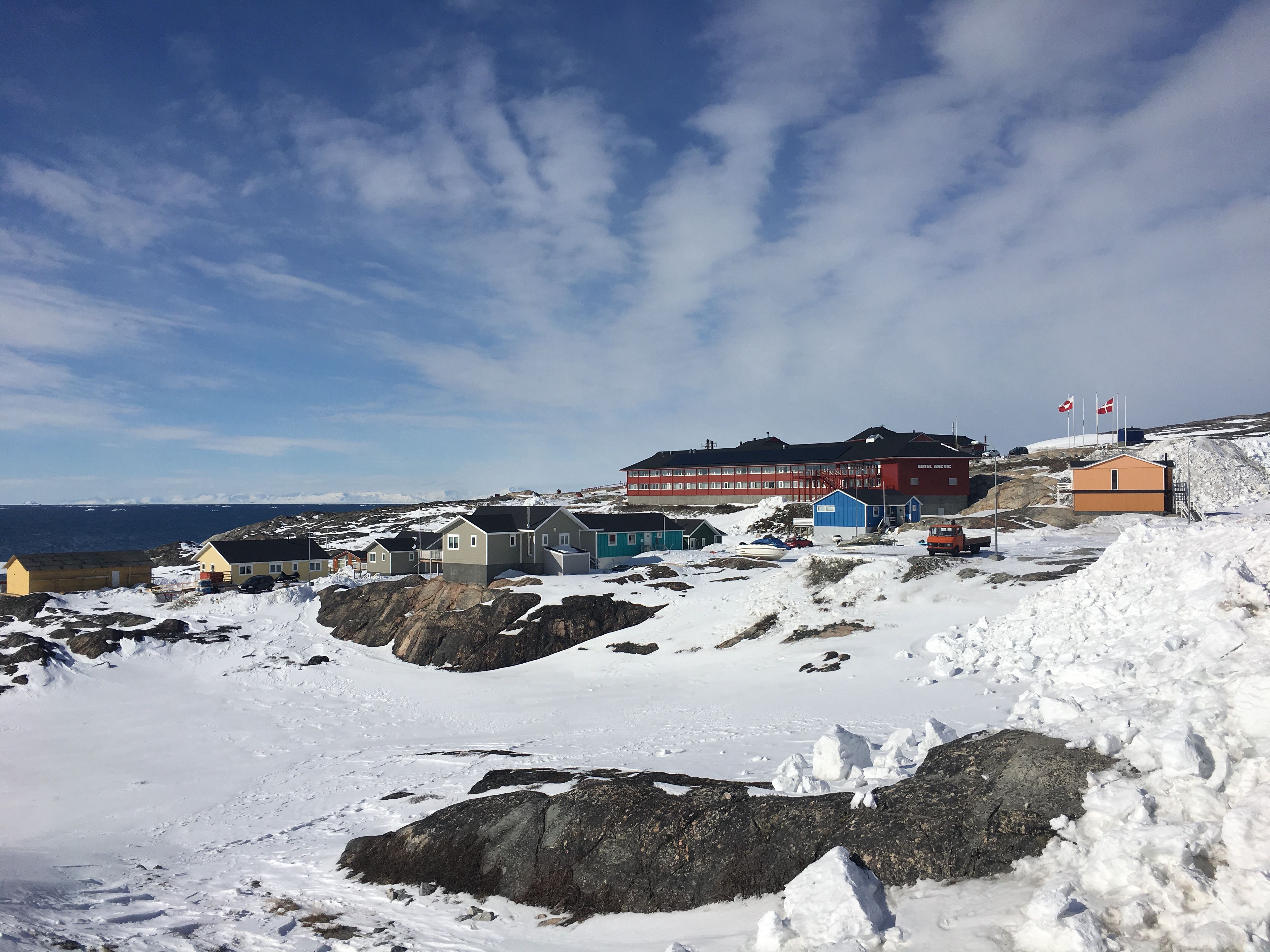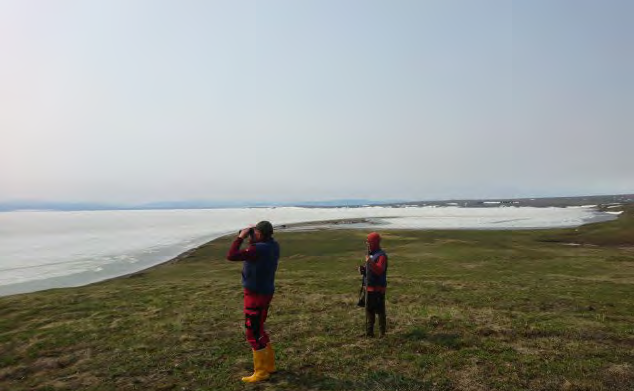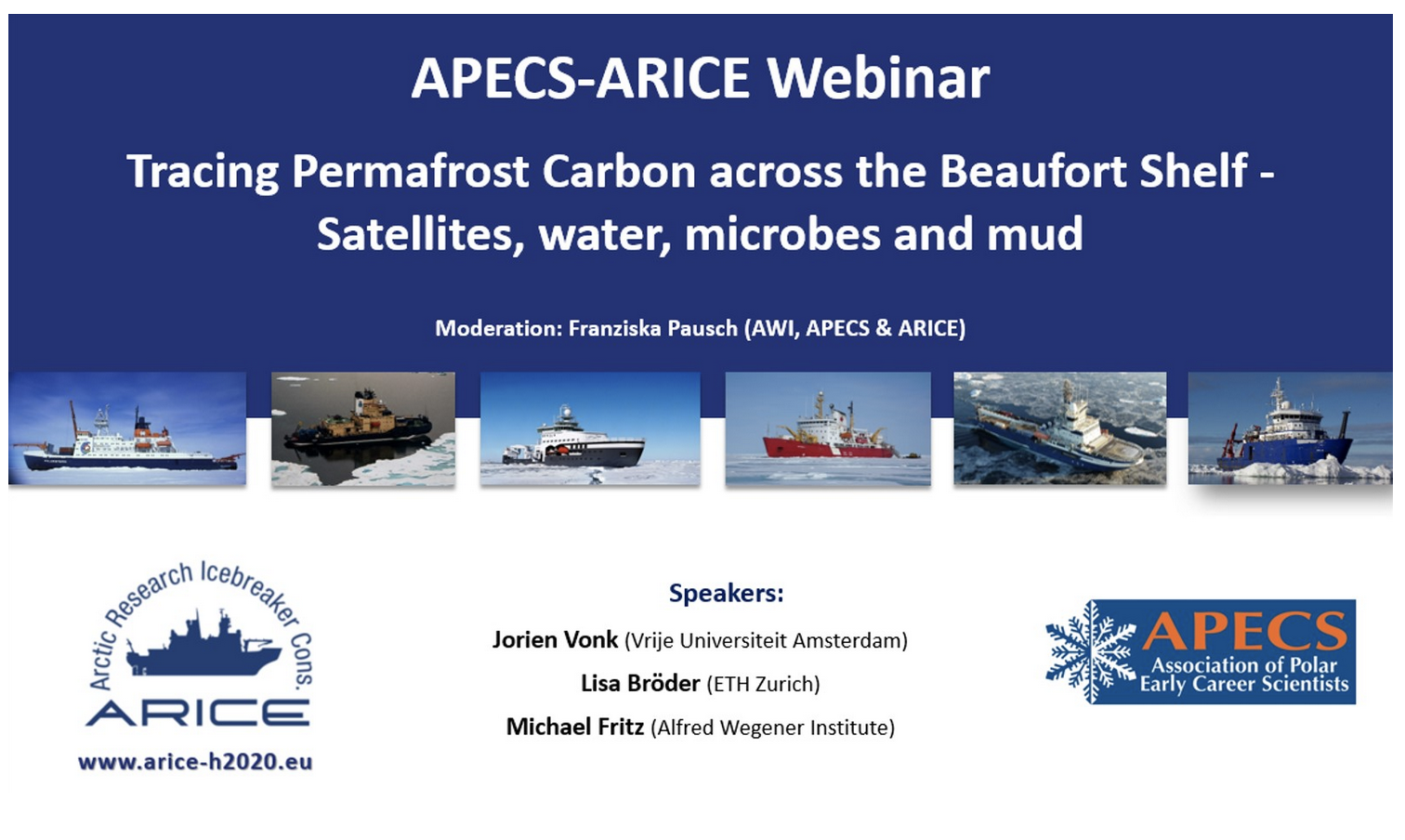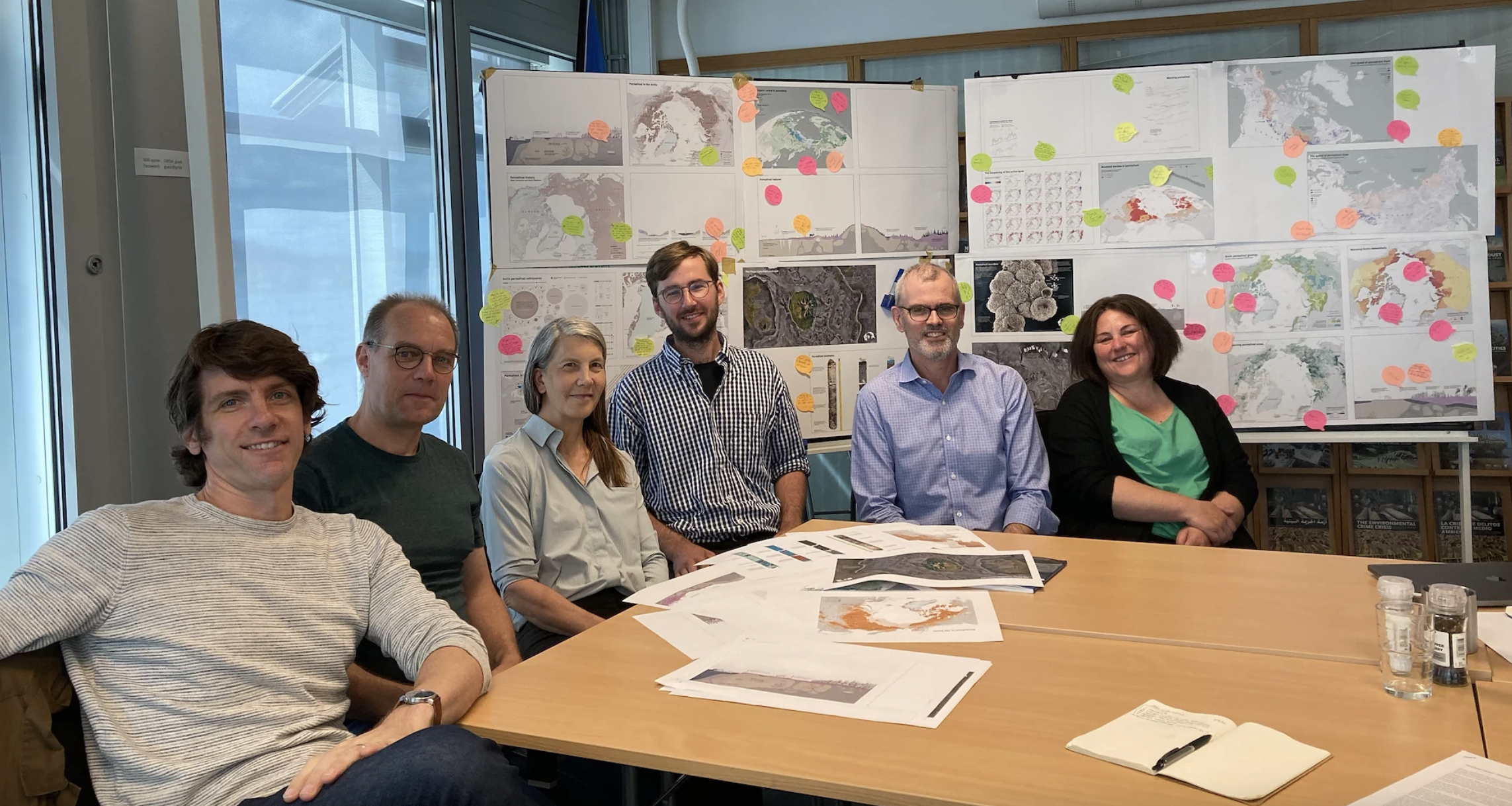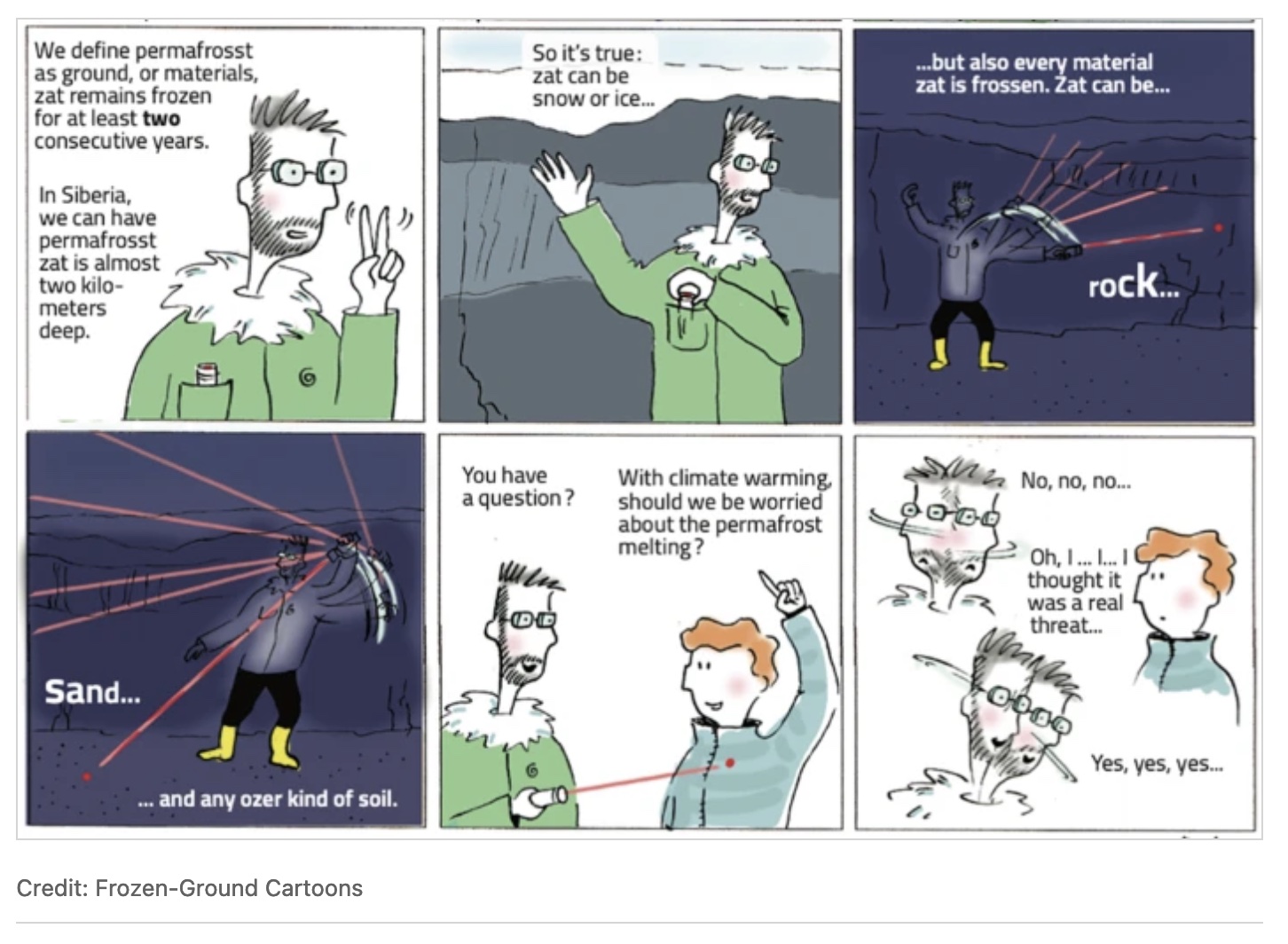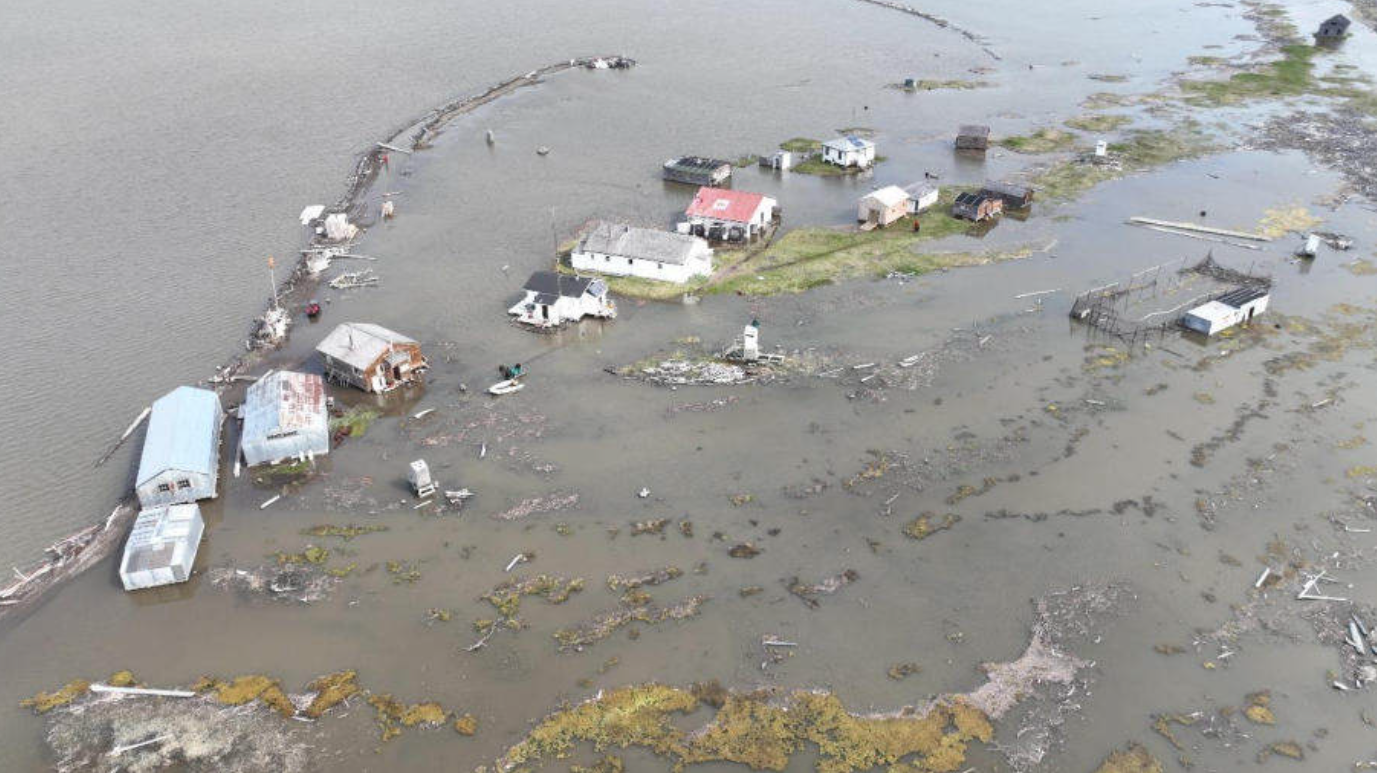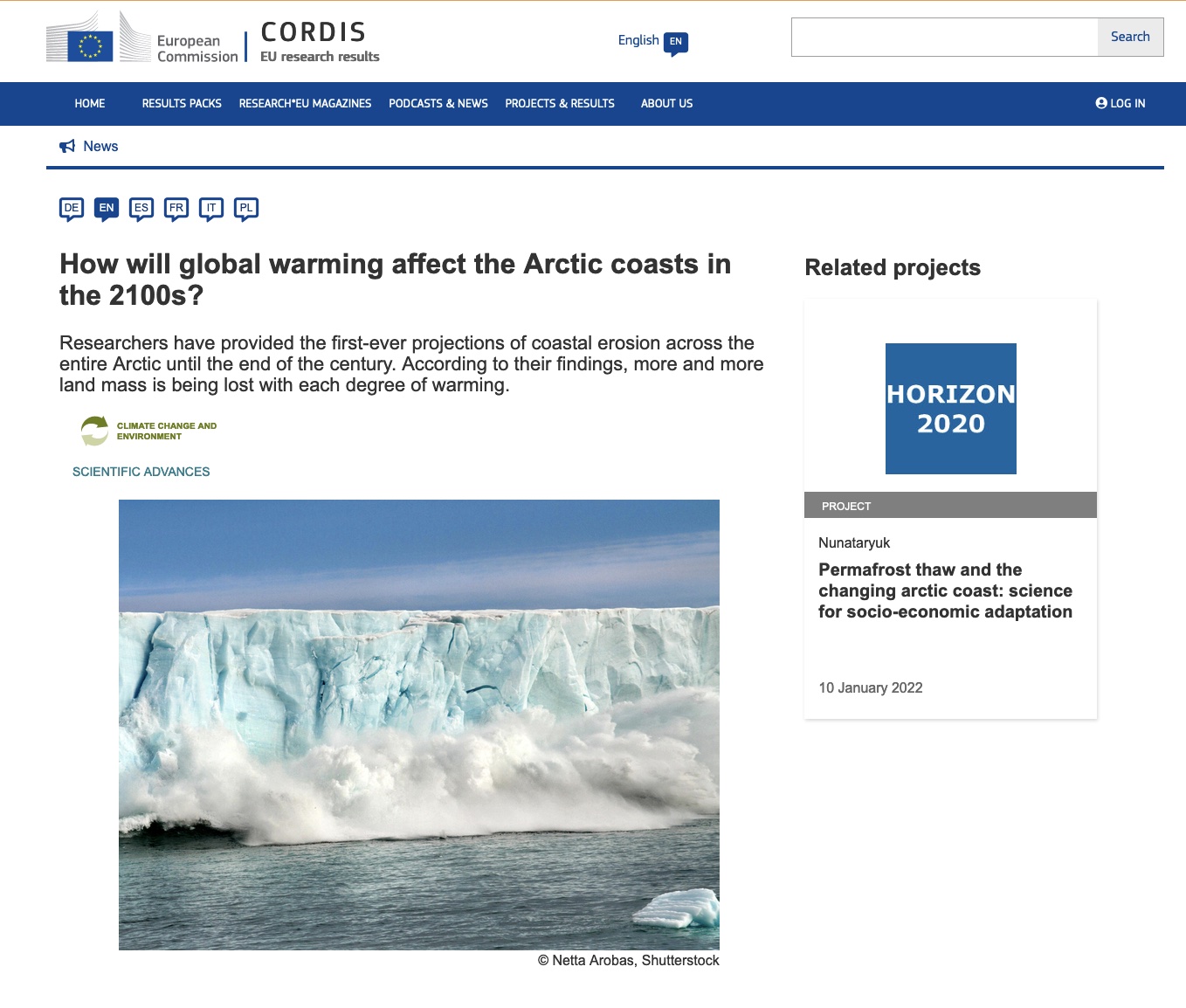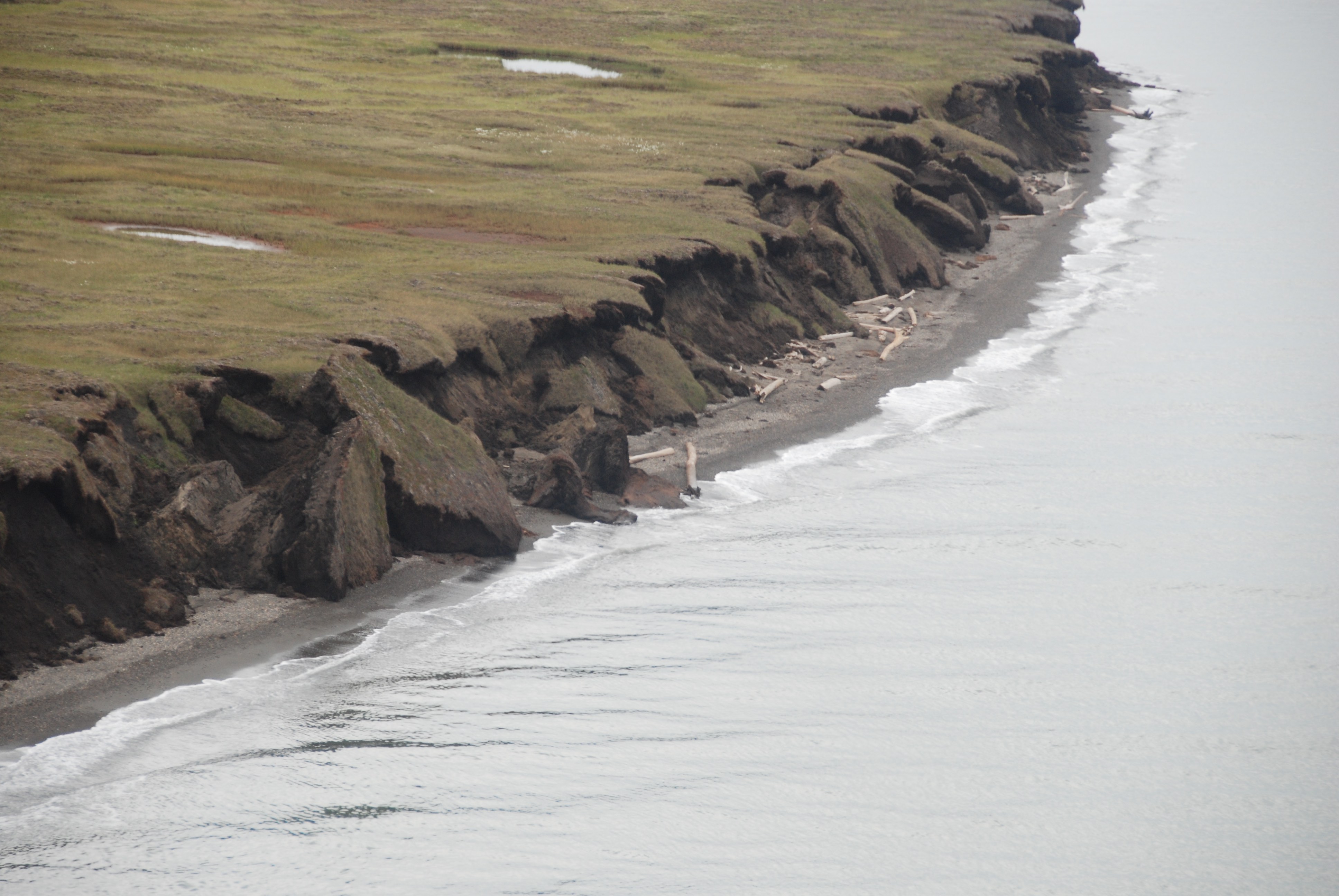Ice - while probably being one of the most vulnerable and worth protecting features in context of human induced climate warming, it sometimes can be a relentless enemy.
Contact Information
Project Office
Alfred Wegener Institute
Telegrafenberg A45
D-14473 Potsdam
Tel: +49(331)288-20127
Mail: Nunataryuk@awi.de

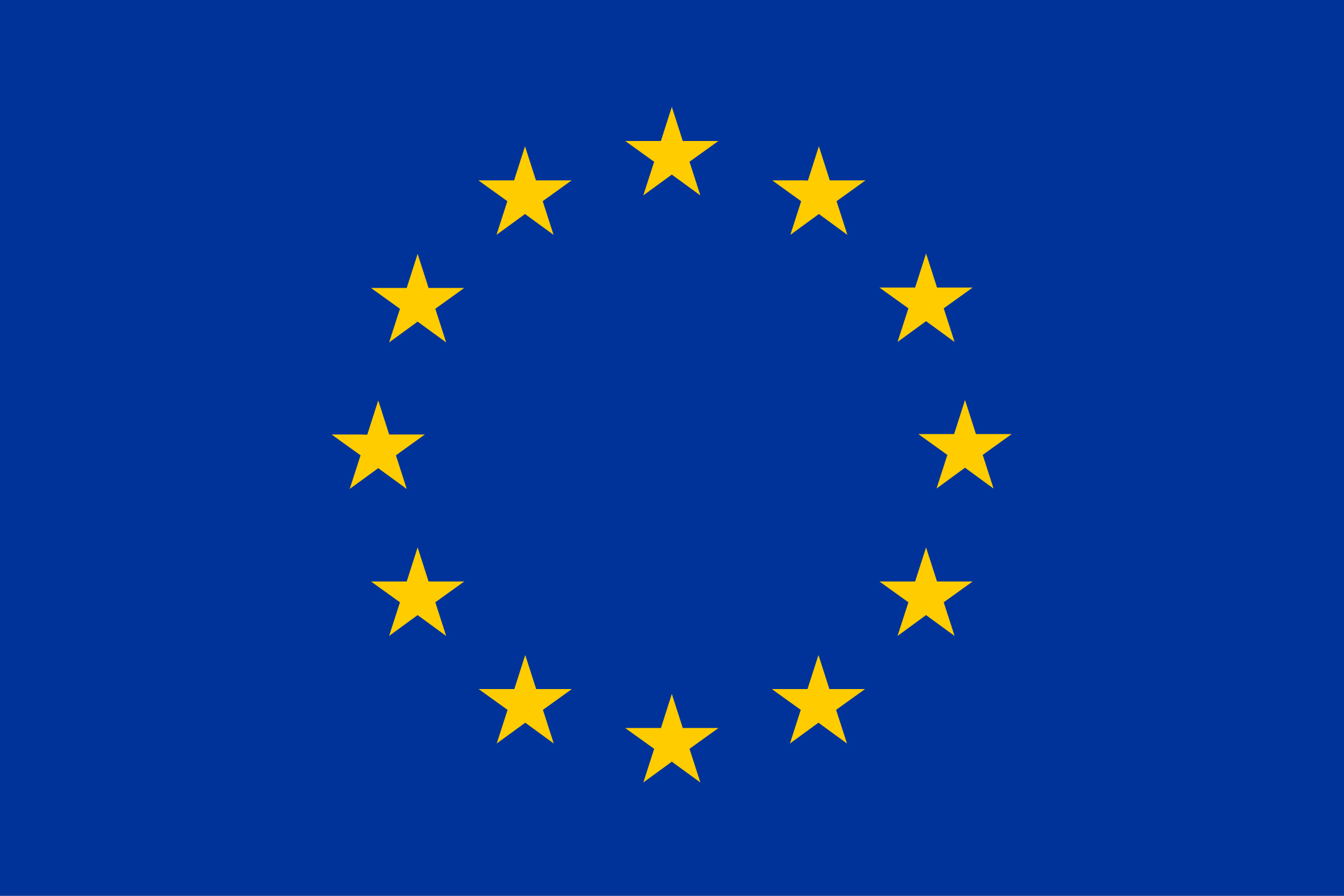 This project is funded by the European Union’s Horizon 2020 research and innovation programme under grant agreement No. 773421
This project is funded by the European Union’s Horizon 2020 research and innovation programme under grant agreement No. 773421

